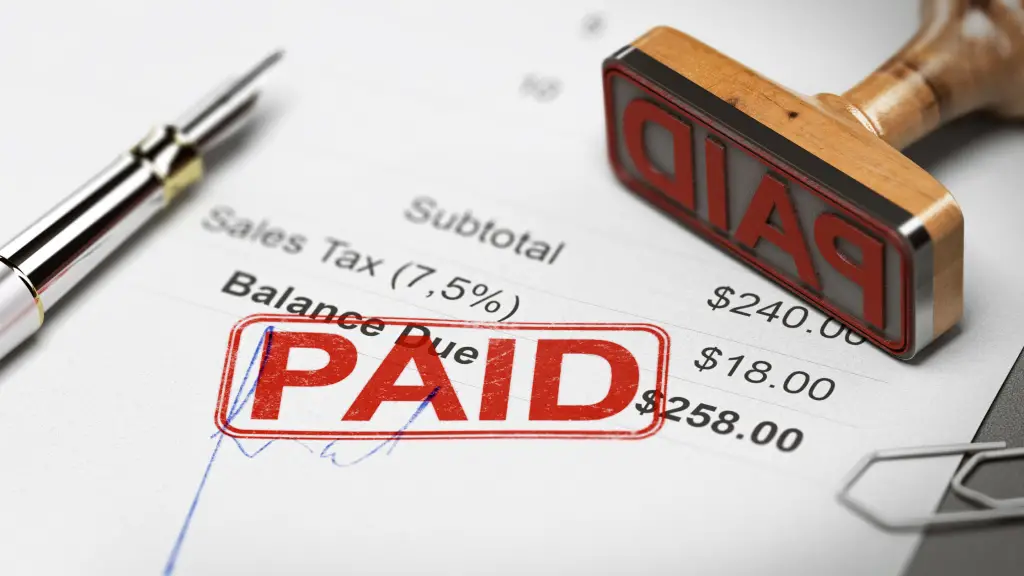When it comes to the past simple tense of the word pay, it is common to see it as either “paid” or “payed”. It is easy to get these words mixed up or think that one is incorrect, but they are actually both real words. They do, however, have different meanings.
Paid meaning
When the word pay is being used referring to finance or transactions, the proper past tense use is paid. Paid means to use money to purchase a good or service. For example, you paid your bills, or you paid for dinner.
Paid can also refer to more than just money. If you went to a funeral, you paid respects to that person and their family. If you gave someone your attention, you paid attention to them. If something turns out your way after hard work, your work paid off.
Example Sentences
I got paid yesterday, so we can go out tonight.
The ransom was paid to get the stolen information back.
I paid attention during the entire lecture, and surprisingly I learned a lot.
Payed meaning
When the word pay is being used in a nautical sense, the correct past tense use is payed. Payed has two very specific definitions. The first definition of the word is to give slack to a rope; payed out.
The second definition of the word payed comes from the nautical sense. It means to cover with tar. For example, you payed the deck to prevent leaks.
It is highly uncommon for the word payed to be used properly in a sentence. It is a word that has a very limited meaning. In most cases, when you see someone type payed, it is a spelling error.
Example Sentences:
The rope was payed out before I could stop it.
The captain payed out the additional rope for the anchor.
Paid vs. Payed
Paid is used more commonly than payed, even in a nautical sense. You can use paid in place of payed, but payed can’t be used in place of paid.
If you are using the word payed to refer to a financial transaction, that is a spelling error. For instance, you shouldn’t say you payed your bills online. In this situation, you would use the word paid for the sentence to be correct.
An easy way to remember the difference between paid and payed is to think of the word pay as the word say. Say is conjugated in the same way that pay is because they are both irregular verbs.
Pay and say both end with ay. In their past tense form, they both also end with aid. The proper past tense of say is said, not sayed. This will help you understand which word is the proper word to use.
Paid Off or Payed Off?
In this situation, we can assume it is referring to a financial transaction. For the sentence to be correct, you would use the word paid. For example, I paid off my car loan.
If the situation is referring to hard work being done and a good reward coming from it, the correct word would also be paid off. For example, all of the hard work he put in paid off big time.
Paid Out or Payed Out?
This one is a little more difficult because they can technically both be right. You would need to really pay attention to the context of the sentence to determine which word is right.
For example:
The insurance finally paid out after my car accident.
The construction working payed out the cable as he installed it.
- “How Was Your Weekend?” Alternative Ways to Improve Your Conversations - February 19, 2024
- On Monday or Monday? What’s the Difference? - December 1, 2023
- 20 Alternative Ways to say “Thanks for the Heads Up”(+ Meaning) - November 30, 2023

